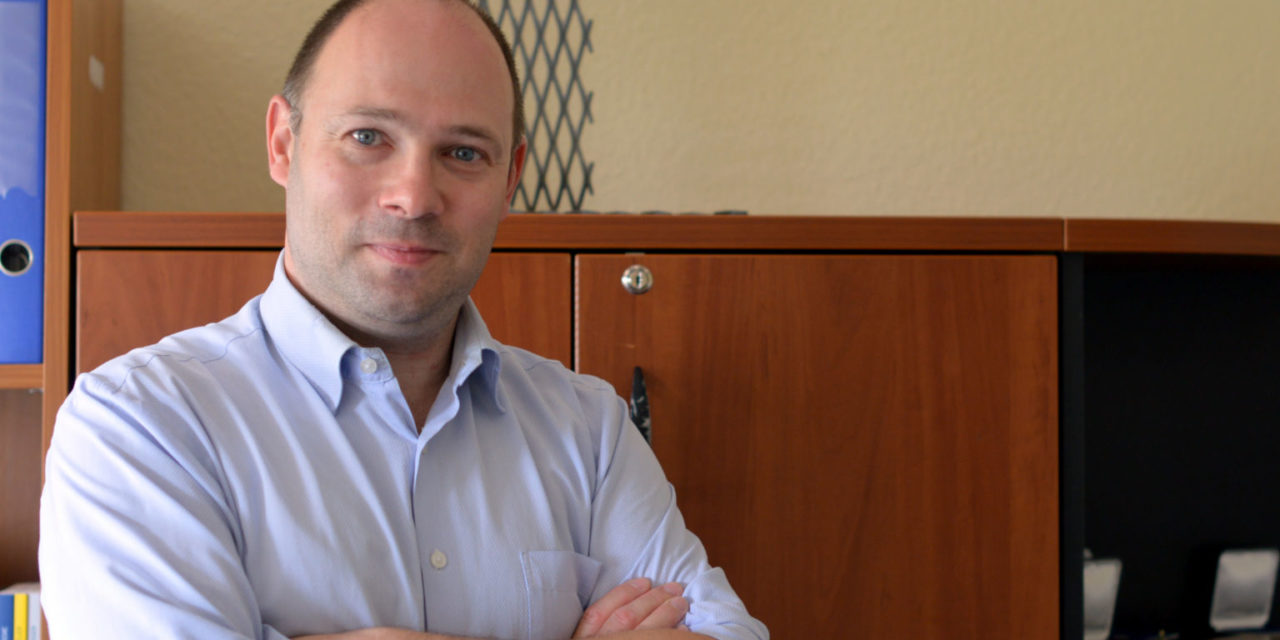Here at home, we can still judge many things on the basis of value. Even those that the Germans don't even dare to dream about. The CDU is no longer in a position to implement the Christian-conservative policy that is still possible in Hungary, Bence Bauer, director of the MCC Hungarian-German Institute for European Cooperation, told our newspaper.
– During the European football championship, the German press presented Hungary quite one-sidedly. Do they really consider us xenophobic and homophobic?
"No, the situation is much more nuanced than that." German public opinion and the political palette itself are very diverse. There are also different opinions regarding Hungary. Even within the CDU, our country is judged very pluralistically.
Many people have understanding and sympathy for Hungary. Others are much more critical.
In Germany today, it doesn't take courage to paint a stadium rainbow, but to support families and oppose migration. And the Hungarian government consistently asserts this position - backed by social support.
In the West, our conservative country is often considered to be left behind.
The current Hungarian government is a supporter of a strong family policy. 15–20 years ago, this was also the main focus of the CDU, but perhaps things did not turn out as they would have liked. A CDU member of parliament expressed this as "Hungarian politics is a narcissistic insult for many Germans".
Because we can still judge a lot of things on a value basis here in our country. Even those that the Germans don't even dare to dream about.
The CDU is no longer in a position to implement the – perhaps considered desirable – Christian-conservative policy, which is still possible in Hungary.
The CDU had to give up many of its previous values in its coalition, and the Christian-conservative government in Hungary does not have such challenges.
"What is the reason that the contradictions have intensified in recent months?"
- In Germany, public discourse has clearly shifted in the direction of a left-liberal agenda in the last decade. These can also be felt in the government decision. If you look at Angela Merkel's administration, there was a lot of symbolic politicking that she wanted to favor the supporters of green politics. We can think here about migration policy, marriage of homosexuals, the abolition of nuclear energy, the abolition of conscription. German society's value judgment and value system shifted to the left on the multitude of symbolic political actions.
Today, green ideas have already been integrated into governance without being in the government.
It's only a matter of time before the Greens actually get a seat in the federal government. At the moment, it looks like this may even happen after September '21.
- Why do the German left and Green Party representatives attack Hungary, which wants to protect its own values?
– This would require a long, philosophical train of thought. To answer briefly, I can say that in Germany there has always been an attitude - at least among certain political forces - to explain, to show the world that they are somehow better at certain things. This mentality is clearly visible in the politics of the Greens. They want to give regulations and good advice to other countries on how to view the world and how to solve certain social issues.
We can see that this is not a progressive act, because they only want to manage other countries and societies from above.
It must never be forgotten that a country must be judged based on its own social and political system, culture and mentality. They should better understand the processes, the background of social movements. In Hungary, the vast majority of Hungarians reject immigration. However, it is different in the West and in Germany, because a different kind of social reality can be seen there. Eight to nine million immigrants also live in Germany.
For German politics, opposing immigration has a completely different political message – and consequence – than in Hungary, where there are no immigrants.
Therefore, each country must be judged from its own history, traditions, and political culture, and one should never make the mistake of trying to impose one's own worldview on others.
"However, the German government is doing this!" I apologize for the parallel, but this is what happened in the First and Second World Wars, that they knew better, half the world would follow them.
- There are indeed many people - especially from the left-liberal parties - who try to impose their own worldview on others.
In the past, the majority of German politicians negotiated with other countries "at eye level".
Hungary and the Hungarian government must find actors in Germany who take it seriously and are able to see them as real partners. Educating and meddling in the lives of other countries is a bad practice that German politics should not continue. We also do not interfere in what and how the Germans should operate. National characteristics must be preserved in the European Union as well.
More understanding and empathy should be shown towards Hungary.
It could be solved with more mutual visits to understand the intentions, background, history, and mentality of the other country.
– What could be the common goals, following which the interests of the two countries can meet?
"Fortunately, there are many such areas." Last July, the German Minister of National Defense, Annegret Kramp-Karrenbauer, . He stated that there is no other country where the defense policy is in such close and friendly cooperation as with Hungary. Furthermore, we are each other's partners in a number of important foreign and security policy issues. In many respects, we have an alliance of values and interests with Germany. I could say that we also have a common economic policy vision of the world. Hungary is also a supporter of a stable economy and public finances. We believe that Europe can be built on nations.
In our opening image, Bence Bauer, director of the MCC Hungarian-German Institute for European Cooperation (Photo: Gábor Tóth, Vasarnap.hu) is interviewed by Gábor Tóth.












